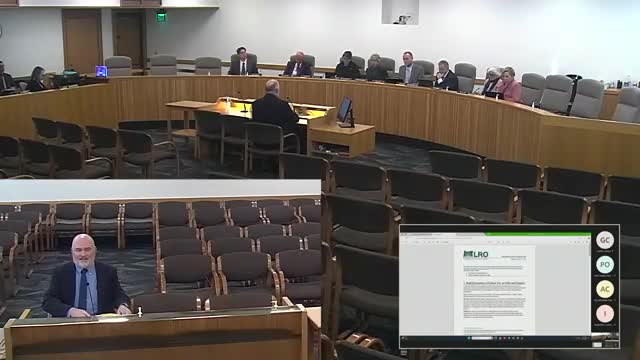Article not found
This article is no longer available. But don't worry—we've gathered other articles that discuss the same topic.
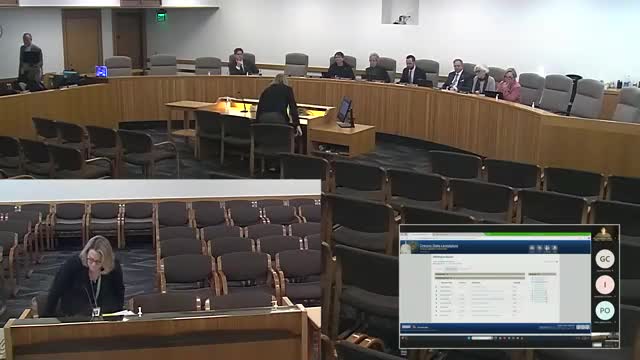
Legislative update: Supreme Court ruling requires process to allow surplus claims in property foreclosures
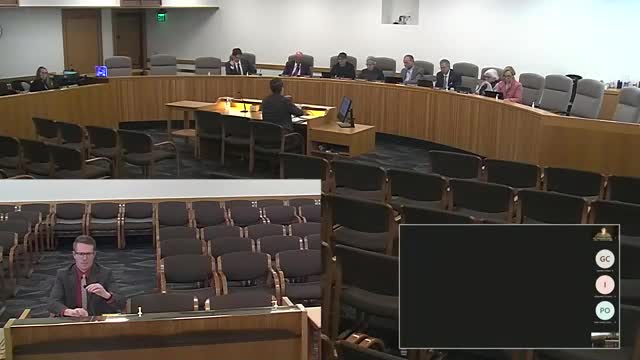
Legislative Revenue Office outlines means‑tested retirement income credit set for review (HB 2,098)
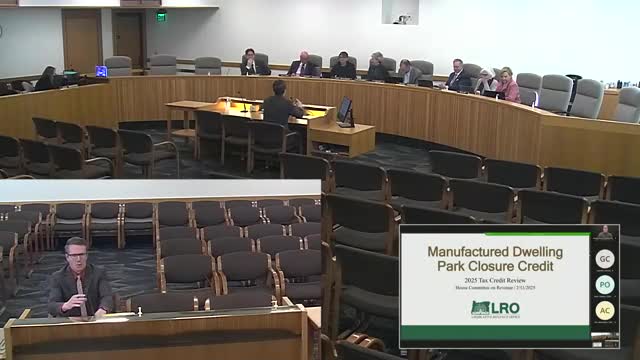
Committee hears support for extending manufactured‑dwelling park closure credit; advocates stress preservation work
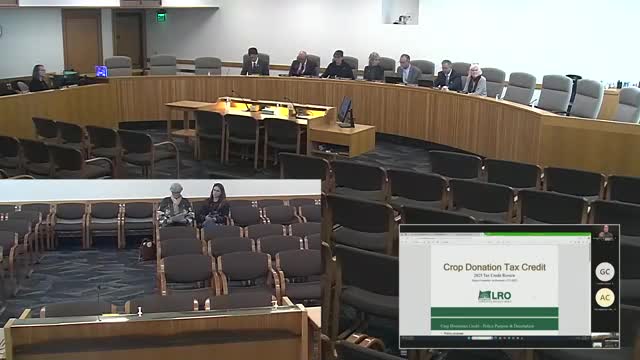
House committee hears farmers, LRO on six-year extension of crop-donation tax credit
